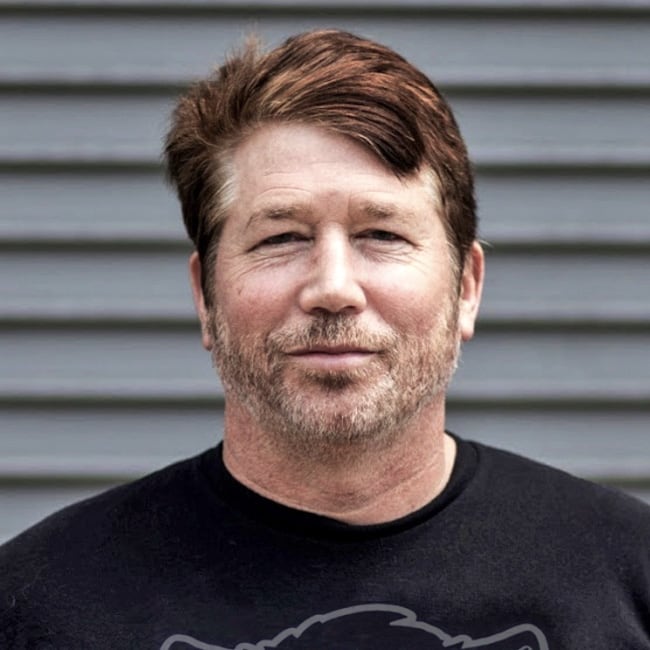It’s been a stormy 12 months to say the least for agtech venture capitalists. The current climate is characterised by constrained funding, uncertain economic conditions and exits at record lows.
Fresh from the stage at the recent World Agri-Tech Innovation Summit in San Francisco, the prominent agtech venture capitalist Po Bronson told us today’s investors are being more disciplined, guarded and reserved.
“A lot of investors that have come into the sector have left and now it’s a smaller pool of investors that are doing this business,” he said. “I feel like the mood is careful.”
Bronson is general partner at SOSV, one of the most active investors in agtech with over $1.6 billion in assets under management.
The downturn in capital funds, however, has not dampened Bronson’s obvious enthusiasm for early-stage investing.
“Did we all take a few lumps back in the day? Yes, but we adjusted. Just find good stuff and believe in it and that’s our core job.”
Bronson clearly loves the thrill of finding “new companies that people don’t believe in and that over time become mainstream”.
Is VC best suited to finding and scaling agtech innovation?
He’s aware, however, that the jury is out on whether the traditional VC model is the best fit for the agtech sector. These funds usually have a lifespan of around 10 years. Given the timelines in ag, some doubt if this provides the time to deploy the capital and make a return.
“VC is not well suited to making an impact in ag,” admitted Bronson. “It’s well suited to make some companies impact in ag,” he clarified.
There are many forms of capital, he stressed. “We’re an expensive form of capital so we can get high risk things going. But a lot of ag isn’t meant to be high risk and shouldn’t be.
“If it’s a deep tech start-up that’s doing something the world has never seen, that’s for VC.”
But we shouldn’t think of VC as “the owner of all of these capital types”, he cautioned.
He agrees that VCs have often been forced to re-think their investment theses in light of the venture capital drought. “Good VCs have learned to look for things that are lower capex and higher margin,” he said.
But ultimately investors need to avoid a cognitive loop. “If you’re listening too much to the market or the tone of VC it will take your eye off. It makes you judgemental and you won’t listen to a start-up.”





